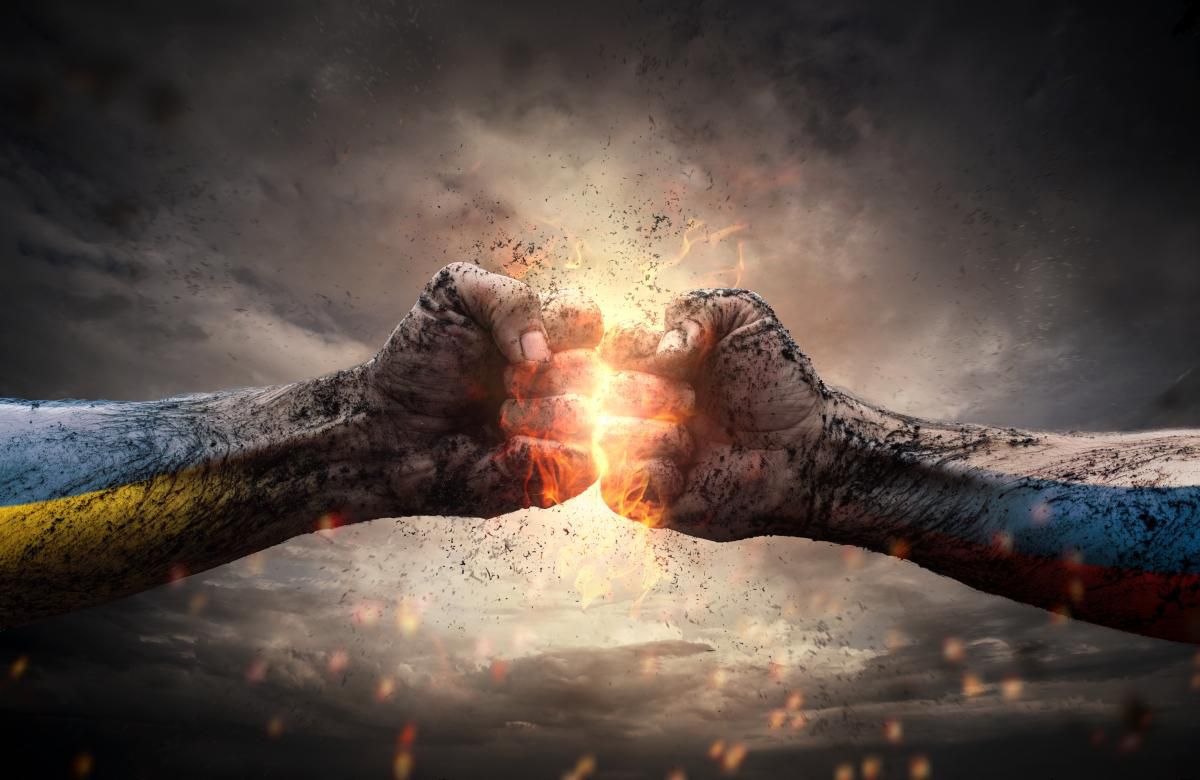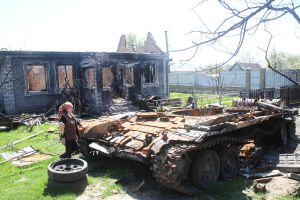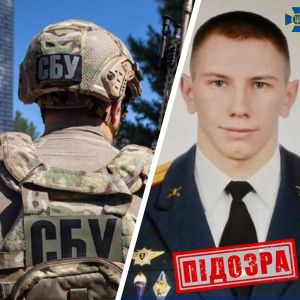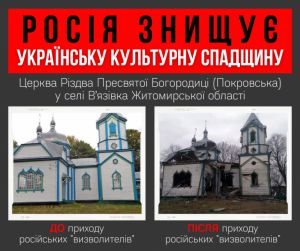He said this during a joint press conference with Ukrainian Foreign Minister Dmytro Kuleba in Brussels, on November 15.
“NATO remains vigilant. We are monitoring the situation very closely. And we continue to consult among Allies and with partners such as Ukraine and the European Union. Any further provocation or aggressive actions by Russia would be of serious concern. We call on Russia to be transparent about its military activities. It is important to prevent escalations and reduce tensions. NATO stands with Ukraine,” declared the Secretary-General of NATO.
According to Stoltenberg, the Alliance monitors the concentration of Russian troops near the border with Ukraine and sees these activities as an opportunity for Russia to realize her aggressive actions.
Jen Stoltenberg noted further, “I cannot go into details about our intelligence. And I think it's important also that we don't now increase tensions, but we have to be clear eyed, we need to be realistic about the challenges we face. And what we see is significant large Russian military build-up. We see an unusual concentration of troops.”
For his part Dmytro Kuleba said the following at the joint press conference, “Russian military exercises, an energy crisis in Europe and the current migration crisis at the border of Belarus with Poland and Lithuania must be addressed as one comprehensive package, as elements of a hybrid war Russia wages against Europe and the entire Euro-Atlantic community. Ukraine has always been and remains loyal to peace, justice and security in Europe. And we are ready to defend these fundamental principles for Ukraine and the Euro-Atlantic community.”
In the meantime, U.S. Secretary of State Antony Blinken called Minister of Foreign Affairs Zbigniew Rau of Poland on November 13. During the telephone conversation, the State Secretary said that the hybrid attack launched by the Aleksander Lukashenko regime at the Polish-Belarussian border is designed to deliberately divert attention from Russia’s actions near the border with Ukraine.
Antony Blinken had this to say, “Spoke yesterday with Polish Foreign Minister Rau to reaffirm our solidarity in the face of Lukashenko’s hybrid campaign on the Poland-Belarus border, which seeks to threaten security, sow division, and distract from Russia’s activities on the border with Ukraine.”
As expected, the Kremlin responded immediately to the statement of Blinken. Dmitri Peskov, the press-secretary of the Russian President, described the events near the border “as a wrong interpretation of the situation involving the migration crisis at the Belarussian-Polish border.” According to Peskov, Vladimir Putin ruled out completely any involvement of Russia in the migrants’ situation and an alleged military invasion of Ukraine.
However, both politicians and the military in the West view with skepticism the “peace-loving” assurances of the Russian leadership. Any new attempt to violate by Russia the territorial integrity of Ukraine will have consequences. That was said in the statement issued by the Ministry for Europe and Foreign Affairs of France after the meeting of defense ministers and foreign ministers of Russia and France in Paris on November 12.
In the statement, the two French ministers “expressed their concerns about the deteriorating security situation in Ukraine and clearly warned of the grave consequences that would have any fresh attempts to undermine Ukraine’s territorial integrity.”
And on November 15, Dmytro Kuleba had talks with Federal Minister for Foreign Affairs of Germany, Heiko Maas, and Minister for Europe and Foreign Affairs of France, Jean-Yevs Le Drian. They made a joint statement which reads, “We are concerned over the movement of Russian troops and equipment near the border of Ukraine. We call on Russia to show restraint and provide transparent information about its military actions. Any attempt to violate the territorial integrity of Ukraine will have grave consequences.”
General Sir Nicholas Patrick Carter, Chief of the British Defence Staff , maintains that the North Atlantic Alliance should be ready for any possible war with Russia.
In the opinion of the general, the Kremlin leadership is in a state of permanent conflict with Western countries but he does not believe Moscow really wants “hot war” with the West. “I think they want to try and achieve their objective in rather more nuanced ways.”
Gen. Sir Nick Carter said Russia was now a greater threat in Eastern Europe than it was when he started in the role eight years ago.
Lt.-General Ben Hodges, the former commanding general of the United States Army Europe, is another high-ranking military officer whose opinion is highly valued in Ukraine. He says that in recent months President Vladimir Putin has made many sharp and frank statements about the future of Ukraine and her legitimacy.
The general believes that the recent build-up and movement of Russian troops near the border of Ukraine is yet another stage in the non-stop escalation of tension in the region. The Kremlin, the general stressed in an interview to Ukrainian media, seeks to destabilize the European Union, present Ukraine to the West “as a failed state” and throw all off-balance. General Hodges has stressed “Russians really stop only when they’re stopped.”
The newspaper Voice of Ukraine






